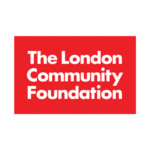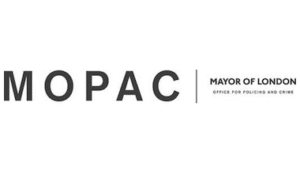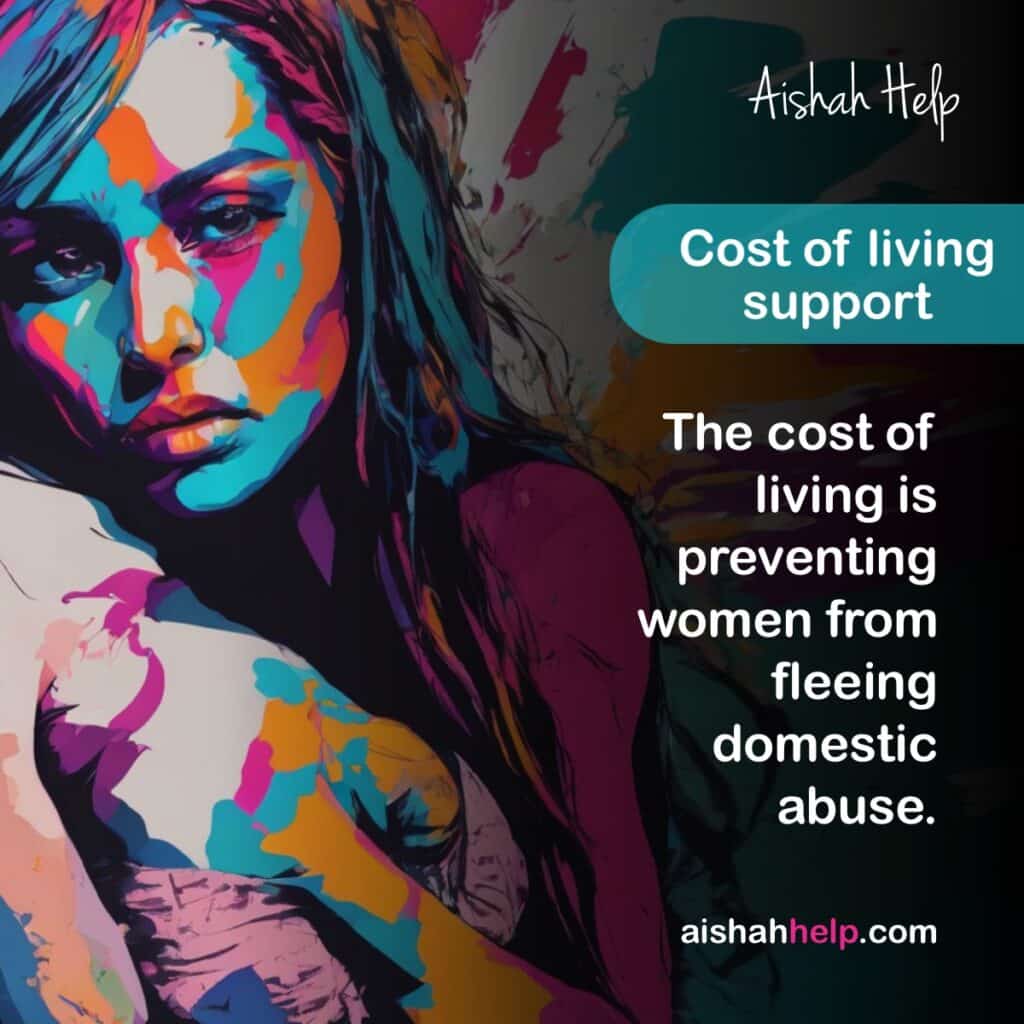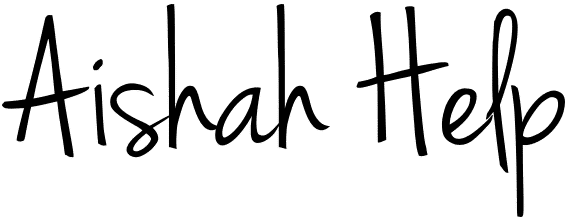Violence against women and girls transcends borders, impacting individuals of all ages, backgrounds, and social statuses. But, together, we have the power to rewrite this narrative. We can forge a safer, more equitable world for all through awareness, support, and advocacy.
This crisis, known as Violence Against Women and Girls (VAWG), is a grave violation of fundamental human rights, affecting nearly one in three women and girls globally. This scourge of violence and discrimination solely based on gender knows no boundaries and persists in all societies.
At Aishah Help, we aim to reshape the political and societal structures perpetuating violence against women. We are dedicated to challenging the prevailing cultural norms that condone and normalise such harmful behaviours. Through our collective efforts, we are steadfast in driving meaningful social change.
Our network comprises women’s support services, researchers, activists, survivors, and non-governmental organisations. Aishah Help remains unwavering in our commitment to eradicating violence against women and girls. We strongly emphasise community engagement to prevent and address this violence, striving for lasting and sustainable transformation.

If you require support, please do not hesitate to reach out to us. You can also contact us confidentially through the contact form or our live chat feature below. In case of an emergency, please dial 999.
To ensure Aishah Help can respond effectively, we kindly request that you provide the safest contact method for you. We will make every effort to respond to you within three working days.
If you provide a phone number for us to reach you and we are unable to connect, please do not hesitate to contact us again. For your safety, please be aware that we are unable to leave voicemails. Your safety remains our top priority.
How we can help
At Aishah Help, we understand the challenges that women and girls face, especially during times of economic hardship and the rising cost of living. We are here to provide essential support to help you navigate through these difficult times.
Cost of Living Fund Application Form - Open
To determine if you are eligible for assistance, please complete an application for the cost of living support fund.
Application Form
In situations where you or someone you know is facing immediate danger or requires urgent protection, please do not hesitate to call the police immediately at 999. Your safety and well-being are of utmost importance, and the authorities are there to provide assistance and support during emergencies.
ENGLAND
Call the 24 hour
National Domestic Abuse Helpline
on 0808 2000 247
Supported By



GLOBAL list of international help centres and organisations for victims all over the world can be found here.
